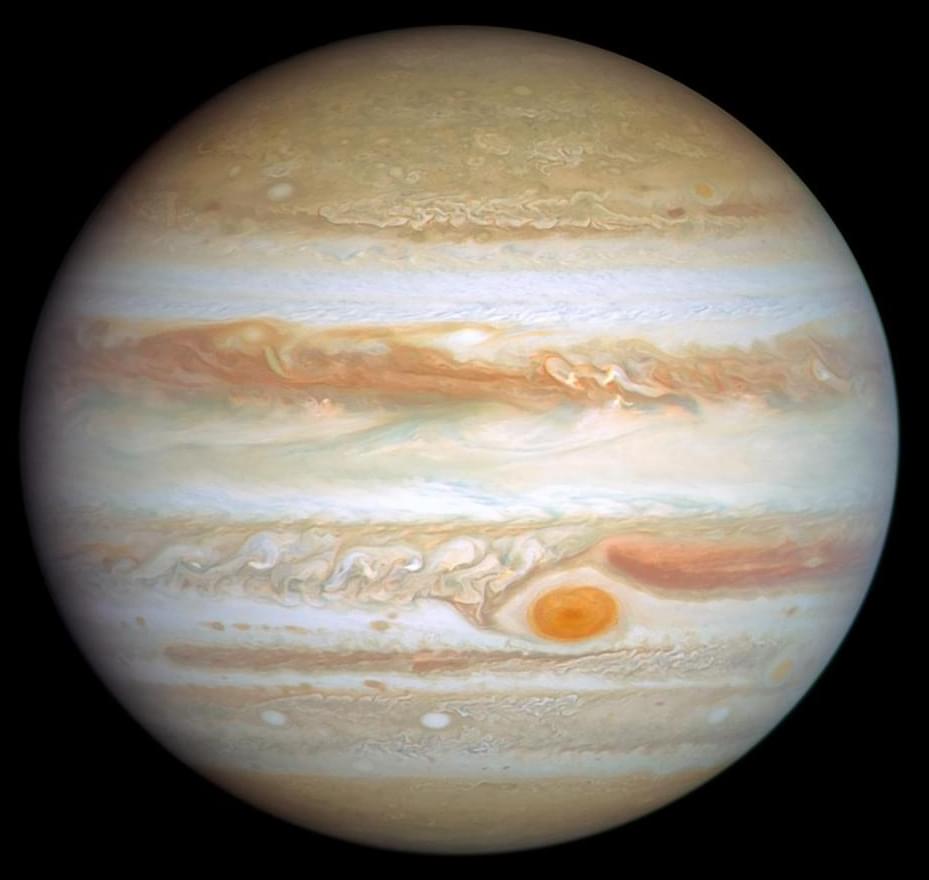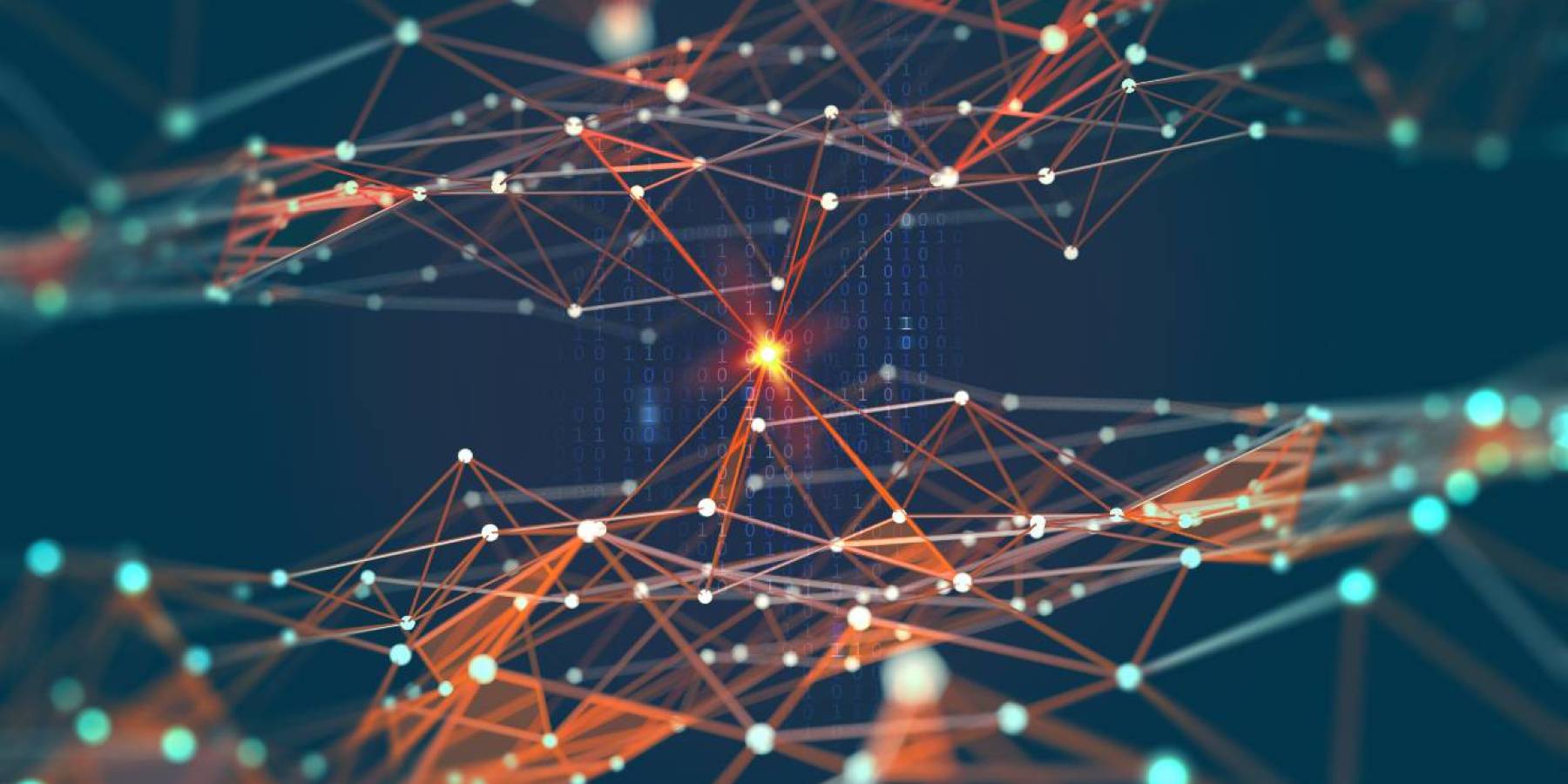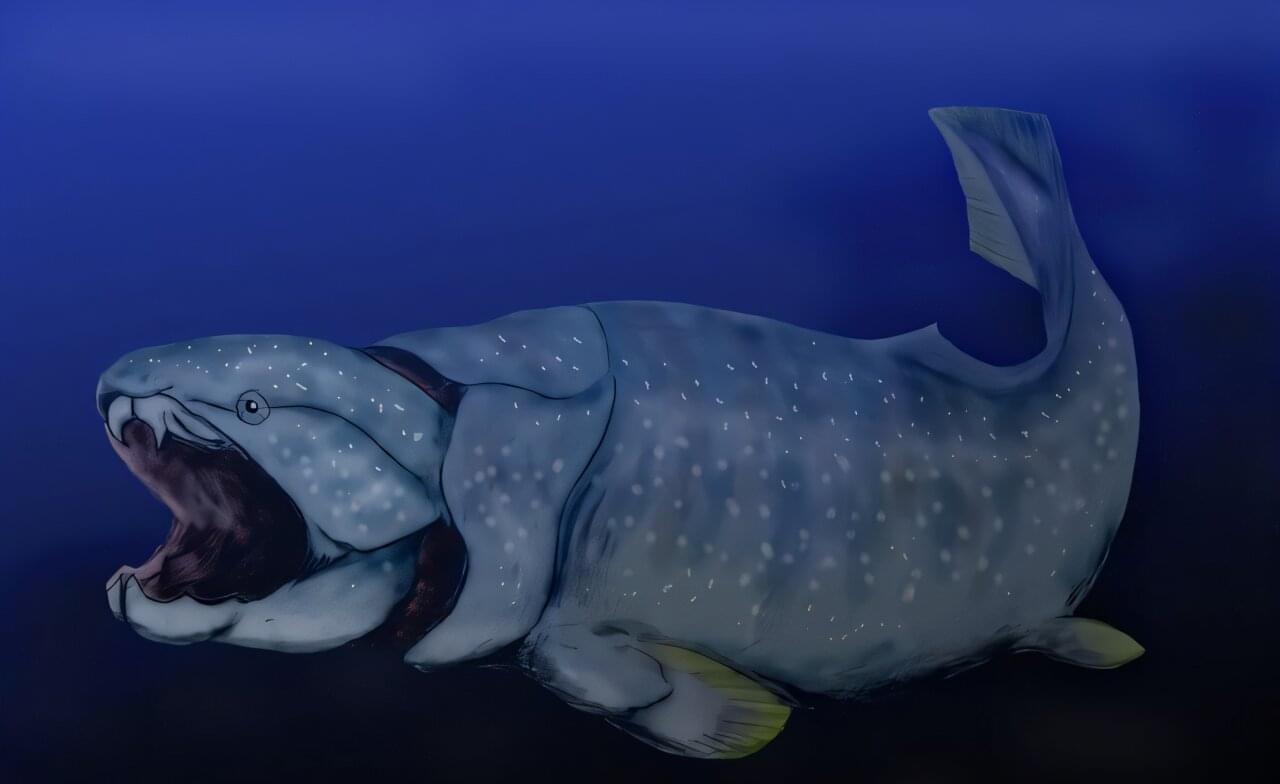Japan trials giant robot hand on excavator to scoop earthquake rubble.
Japanese researchers unveiled a disaster recovery robot hand and drilling AI capable of handling fragile objects and digging buried debris.
Japan trials giant robot hand on excavator to scoop earthquake rubble.
Japanese researchers unveiled a disaster recovery robot hand and drilling AI capable of handling fragile objects and digging buried debris.

Questions to inspire discussion.
📊 Q: How often do these extreme job offers occur in the tech industry? A: These hundred-million-dollar job offers are rare occurrences and not representative of typical hiring practices in the tech industry, even during boom cycles.
🔄 Q: What does Meta’s hiring freeze suggest about the AI industry? A: Meta’s sudden shift from aggressive hiring to a freeze may indicate a potential cooling in the AI sector or a strategic reassessment of their AI investments and talent needs.
Strategic Considerations for Companies.
🏢 Q: Why are big tech companies making such large offers for AI talent? A: Large tech companies are making enormous offers to secure top AI talent due to perceived strategic vulnerability and the fear of falling behind in a rapidly evolving technological landscape.
🔍 Q: What should companies consider when competing for AI talent? A: Companies should evaluate the long-term sustainability of offering extreme compensation packages and consider the potential market shifts that could affect the value of AI talent investments.


An incredible breakthrough brings quantum-scale precision sensing to living biological systems.

Some 390 million years ago in the ancient ocean, marine animals began colonizing depths previously uninhabited. New research indicates this underwater migration occurred in response to a permanent increase in deep-ocean oxygen, driven by the above-ground spread of woody plants—precursors to Earth’s first forests.
That rise in oxygen coincided with a period of remarkable diversification among fish with jaws—the ancestors of most vertebrates alive today. The finding suggests that oxygenation might have shaped evolutionary patterns among prehistoric species.
The study is published in the journal Proceedings of the National Academy of Sciences.

With Mount Fuji 100 kilometers away, the video from the Tokyo Metropolitan Government aims to inform Tokyoites about how an eruption could still seriously impact their lives.
